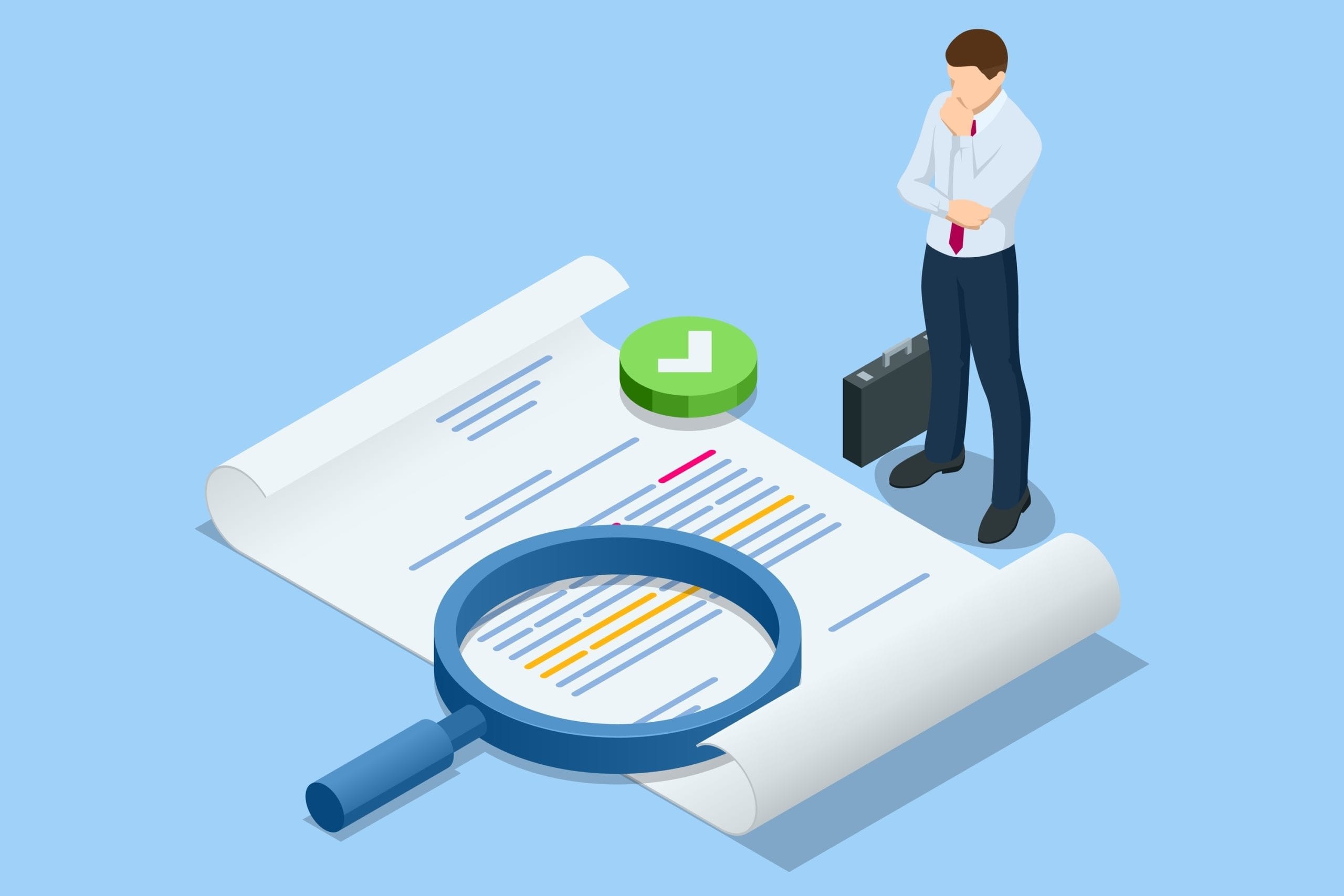
The Government has confirmed that the requirement to payroll most benefit in kind (BIK) and taxable employment expenses will now apply from April 2027, not April 2026 as previously intended.
The additional time allows employers to examine their current practices and make any necessary changes before reporting becomes compulsory.
At present, employers may choose to payroll certain benefits for Income Tax, provided they register in advance with HM Revenue & Customs (HMRC).
This process does not apply to all types of benefits, meaning that P11D and P11D(b) forms remain necessary for many employers.
Under the current voluntary system, HMRC receives limited information during the tax year and often relies on post-year-end reconciliations and tax code changes to collect the right amount of tax. This can lead to mismatches and delayed deductions.
From April 2027, most BIK and taxable expenses must be included in payroll and reported through HMRC’s Real Time Information (RTI) system. Employers will be expected to:
If a final valuation is not available, a reasonable estimate must be used and corrected later if necessary.
P11D forms will no longer be required in most cases, although some exceptions, such as for employee loans and accommodation, will remain.
Employees may see an overlap of deductions in the first year of change.
For example, they could have real-time deductions on new benefits while also repaying tax due from earlier years through their tax code.
Employers should be ready to explain this clearly.
To protect employees from excessive deductions, the existing 50 per cent cap will continue to apply. This rule prevents more than half of an employee’s cash earnings from being taken in tax in any pay period.
Any shortfall will be collected later through HMRC’s reconciliation process.
The revised timeline allows for more preparation, but the work involved remains significant. Areas worth reviewing include:
This is also a good time to test estimation methods for benefit values and ensure that procedures are in place for making timely corrections when needed.
Draft legislation and technical updates will be published from Autumn 2025 onwards.
Registration for payrolling will not be needed for most benefits under the new system, but some benefits, such as loans and accommodation, will still require registration, at least initially.
Our tax specialists are available to assist with planning and system reviews ahead of the 2027 deadline.